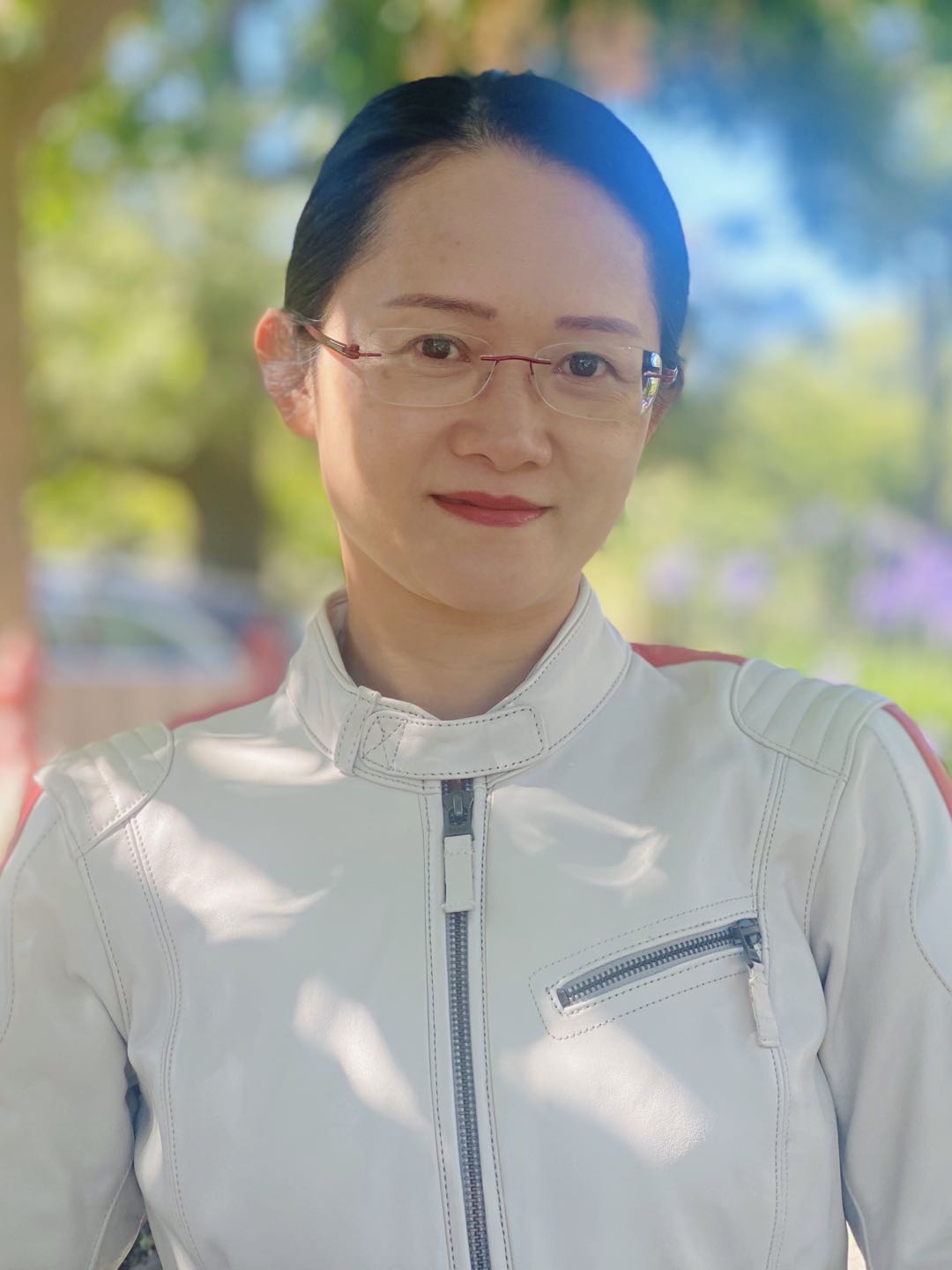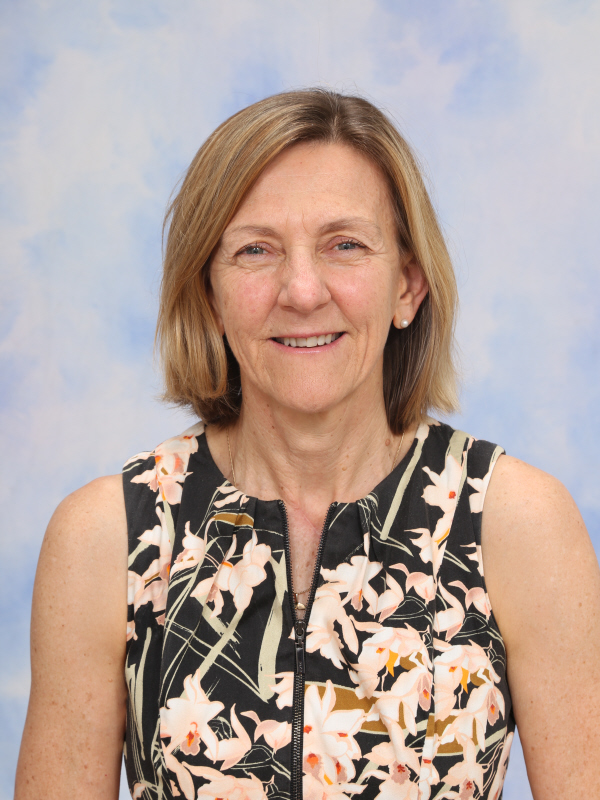CPHMVS About Us
About the College
- Future Students
- JCU Global Experience
- International Students
- Open Day
- How to apply
- Pathways to university
- Virtual Open Day
- Living on Campus
- Courses
- Publications
- Scholarships
- Parents and Partners
- JCU Heroes Programs
- Aboriginal and Torres Strait Islander in Marine Science
- Elite Athletes
- Defence
- Current Students
- New students
- JCU Orientation
- LearnJCU
- Placements
- CEE
- Unicare Centre and Unicampus Kids
- Graduation
- Off-Campus Students
- JCU Job Ready
- Safety and Wellbeing
- JCU Prizes
- Professional Experience Placement
- Employability Edge
- Art of Academic Writing
- Art of Academic Editing
- Careers and Employability
- Student Equity and Wellbeing
- Career Ready Plan
- Careers at JCU
- Partners and Community
- JCU-CSIRO Partnership
- Alumni
- About JCU
- Reputation and Experience
- Chancellery
- Governance
- Celebrating 50 Years
- Academy
- Indigenous Engagement
- Education Division
- Graduate Research School
- Research and Teaching
- Research Division
- Research and Innovation Services
- CASE
- College of Business, Law and Governance
- College of Healthcare Sciences
- College of Medicine and Dentistry
- College of Science and Engineering
- CPHMVS
- Anthropological Laboratory for Tropical Audiovisual Research (ALTAR)
- Anton Breinl Research Centre
- Agriculture Technology and Adoption Centre (AgTAC)
- Advanced Analytical Centre
- AMHHEC
- Aquaculture Solutions
- AusAsian Mental Health Research Group
- ARCSTA
- Area 61
- Lions Marine Research Trust
- Australian Tropical Herbarium
- Australian Quantum & Classical Transport Physics Group
- Boating and Diving
- Clinical Psychedelic Research Lab
- Centre for Tropical Biosecurity
- Centre for Tropical Bioinformatics and Molecular Biology
- CITBA
- CMT
- Centre for Disaster Solutions
- CSTFA
- Cyclone Testing Station
- The Centre for Disaster Studies
- Daintree Rainforest Observatory
- Fletcherview
- JCU Eduquarium
- JCU Turtle Health Research
- Language and Culture Research Centre
- MARF
- Orpheus
- TESS
- JCU Ideas Lab
- TARL
- eResearch
- Indigenous Education and Research Centre
- Estate
- Work Health and Safety
- Staff
- Discover Nature at JCU
- Cyber Security Hub
- Association of Australian University Secretaries
- Services and Resources Division
- Environmental Research Complex [ERC]
- Foundation for Australian Literary Studies
- Gender Equity Action and Research
- Give to JCU
- Indigenous Legal Needs Project
- Inherent Requirements
- IsoTropics Geochemistry Lab
- IT Services
- JCU Webinars
- JCU Events
- JCU Motorsports
- JCU Sport
- Library
- Mabo Decision: 30 years on
- Marine Geophysics Laboratory
- Office of the Vice Chancellor and President
- Outstanding Alumni
- Pharmacy Full Scope
- Planning for your future
- Policy
- PAHL
- Queensland Research Centre for Peripheral Vascular Disease
- Rapid Assessment Unit
- RDIM
- Researcher Development Portal
- Roderick Centre for Australian Literature and Creative Writing
- Contextual Science for Tropical Coastal Ecosystems
- State of the Tropics
- Strategic Procurement
- Student profiles
- SWIRLnet
- TREAD
- TropEco for Staff and Students
- TQ Maths Hub
- TUDLab
- VAVS Home
- WHOCC for Vector-borne & NTDs
- Media
- Copyright and Terms of Use
- Australian Institute of Tropical Health & Medicine
- Pay review
The College of Public Health, Medical & Veterinary Sciences (CPHMVS) promotes, fosters, supports and administers quality teaching, research and research translation across the disciplinary areas of biomedicine, public health, tropical medicine and veterinary science.
The College has key external advisory groups for each of its disciplines, whose members provide advice on the key requirements for working in these industries now, future directions for graduates and emerging themes for curriculum and research. The CPHMVS academic and professional staff are office holders and advisors on several key industry, state and national government committees, international organisations and editorial committees providing evidence based advice to support understanding the needs of, developing new and improved approaches to and delivering services for the health and well being of humans and animals globally, especially in under served, rural and remote settings.
Our subjects range for bench to bedside and health services and systems, farm to fork and animal services and conservation, genome to animals (production, companion, wildlife; terrestrial and aquatic) and humans to policies and systems. Work integrated learning and placements in local, state, national and international settings are available to our students to ensure both work readiness as well as real life experience.
The College has a dynamic Higher degree Research community, led by national and global leaders in their research fields, and with access to international class field, laboratory and other research facilities. This world class research is built into the subjects taught through a range of courses to ensure that the basics and well as innovation and emerging fields are covered in the education programs we support.
The College hosts the World Health Organisation Collaborating Centre on Vector Borne and Neglected Tropical Diseases. The Centre supports WHO capacity building priorities (including clinical, public health and social sciences) for effective control of vector-borne diseases (VBD) and neglected tropical diseases (NTD); the scale up and evaluation of WHO recommended vector control methods and other NTD control and elimination strategies; the development of innovative and sustainable NTD surveillance strategies and participate in collaborative operational research on early detection, prevention and management of chronic morbidities and effective tools for vector control.
The College also is in a partnership with CSIRO in the Science Leader program in Emerging Infectious diseases launched in 2019.

Acting Dean - Dr David Simcock
The office of the Dean can be contacted through the team email deancphmvs@jcu.edu.au.

Learning and Teaching
Acting - Dr Nathan Dawes
The Associate Dean, Learning & Teaching is responsible for the development and promotion of a learning and teaching culture committed to excellence and innovation and a positive student experience across the College.
Research
A/Prof Ulf Schmitz
The Associate Dean of Research is responsible for the strategic and regulatory leadership of research in the College.

Research Education
A/Prof Zhanming Liang
The Associate Dean Research Education (ADRE) is responsible for the regulatory leadership of research education in the College.
In conjunction with the College Dean, Associate Deans and the Manager College Operations, the Academic Head plays a key role within the College to provide academic leadership, direction and management of the College’s learning and teaching, research, research education and engagement activities, and to contribute to strategic planning and the achievement of priorities established in consultation with the College Dean within their disciplines.

Public Health and Tropical Medicine
A/Prof Sue Devine

Biomedical Sciences and Molecular Biology
Acting - Dr David Simcock

Veterinary Sciences
Professor Margaret Reilly